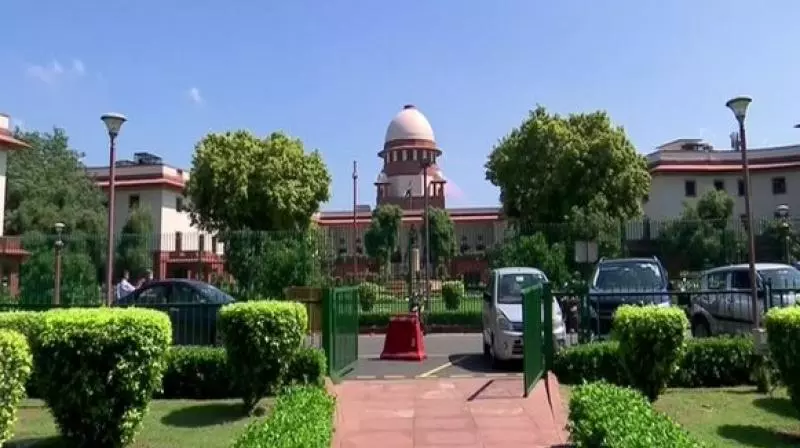
A bench led by Chief Justice of India Sanjiv Khanna, along with Justices Sanjay Kumar and K.V. Viswanathan, agreed on Monday to consider an urgent listing of the case. The court was responding to pleas for early hearing made by senior counsels on behalf of petitioners including Jamiat Ulama-i-Hind, AIMIM leader Asaduddin Owaisi, Congress MP Mohammad Jawed, and AAP MLA Amanatullah Khan.
In a statement, AIMPLB spokesperson S.Q.R. Ilyas said the amendments were “arbitrary, discriminatory, and based on exclusion,” alleging that the legislation infringes on Articles 25 and 26 of the Constitution, which guarantee freedom of religion and the right to manage religious and charitable institutions.
Among the contested provisions are changes to the selection process for the Central Waqf Council and Waqf Boards, and a new requirement that a waqif (donor) must be a practising Muslim for five years — a stipulation the board says is inconsistent with both Indian constitutional law and Islamic Shariah.
Calling the law a threat to religious freedom, the Jamiat Ulama-i-Hind said in its own petition that the legislation is “a direct attack on the Constitution” and represents “a dangerous conspiracy to strip Muslims of their religious freedom.” The organisation also plans to challenge the law in various high courts across the country.
Several other petitions, including one by the Samastha Kerala Jamiathul Ulema, have also been filed in the Supreme Court.







